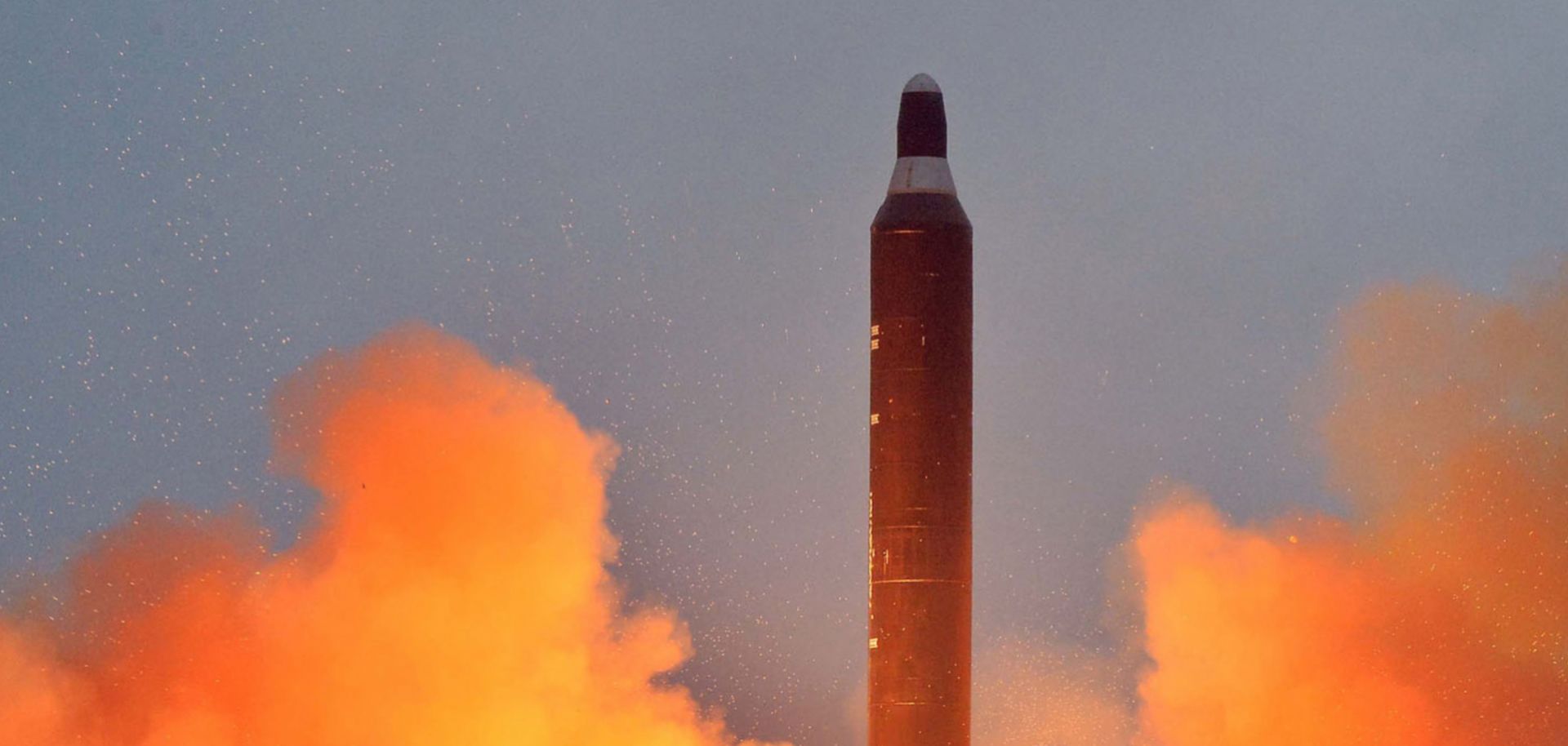After announcing that it would cut communications with the United States, North Korea launched three missiles (two Scuds and a No Dong) last week. In some ways, there is little unexpected in North Korea's actions. Since the early 1990s, the North Korean nuclear and missile programs have been a focus of greater and lesser international attention, and there is no reason to expect a resolution satisfactory to the United States (or North Korea) any time soon. Similarly, the United States followed a familiar script in its reaction to the recent launches, threatening additional sanctions and further isolation.
But that doesn't mean nothing has changed. At one time, North Korea treated its nuclear weapons program as a bargaining chip -- a way to raise the stakes with the United States to wheedle concessions and aid. Now, however, nuclear weapons development is no longer something for Pyongyang to trade away for economic...


